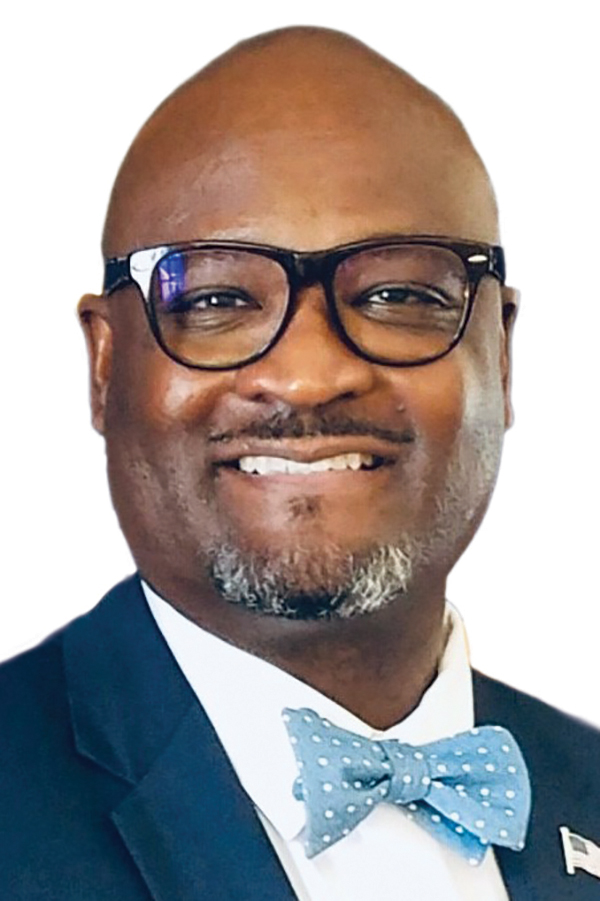C-Suite: Kelvin Parks
by October 19, 2020 8:07 am 1,658 views

FAST FACT: Parks is responsible for the healthcare system comprising 1,800 employees and more than 60,000 veterans in three states.
Has it been a good thing or bad thing in terms of how the pandemic has altered your business’ strategy? The COVID-19 pandemic has certainly changed the delivery of healthcare. One example: COVID-19 forced us to move from face-to-face mental health (MH) group therapies to telehealth and other virtual modalities. Knowing this is a vulnerable population, our MH and telehealth leaders quickly adapted and developed strategies to issue an iPad to patients who needed them and converted these groups to a 100% virtual format. While our veterans were reluctant at the outset, this change has now proven to be a huge success with our patients, thus allowing them to continue their care from within the comforts of their home.
If you had $1 million to give, what would you support? The Department of Housing and Urban Development estimates that over 40,000 veterans are homeless on any given night. It has always troubled me that my fellow veterans who have served this great nation are without shelter, so I would use the monies to support efforts to end veteran homelessness.
Describe your morning routine. A typical day for me begins at 4:30 a.m. with an hour or more of meditation, reflection and self-care, which includes prayer, devotional reading and exercise. Every day in healthcare can be challenging, and when you add a national pandemic into the mix, it can be even more so. I find taking this time at the beginning of my day ensures I am centered and allows me to be there for my staff, who in turn will be there to provide the best care to our veteran patients. w
What has been your toughest leadership challenge during the pandemic? Communication. In the beginning, there were some challenges with providing timely updates to our patients and stakeholders about this deadly virus, especially with the information constantly changing. However, one saving grace to make communication more far-reaching and consistent has been the NW Arkansas Safe and Strong Campaign. My partnership with the Northwest Arkansas Council, Healthcare Transformation Division Steering Committee, has allowed us to be part of a broad communication campaign that provides consistent and up to date information to the entire NWA region.
What keeps you up at night or worries you the most? Veteran suicide. While my mental health team is doing an outstanding job, better than anyone else in the country, I know that of the 20 veterans who take their life on any given day, only six are connected to the VA. So we have to do a better job at reaching the other 14. September [was] Suicide Prevention Month, so I always encourage all who I encounter to use [that] month and every month to take a moment to show a veteran they care. I also encourage everyone to store the following Veterans Crisis line number into their phone: 1-800-273-8255 No. 1. It is better to have this number handy and not need it than to need it and not have it.
If you weren’t in your current profession, what would you be doing? Service to our country and advocacy for those in need is a passion and calling on my life. So I’m sure I will be doing something that is making an impact and difference in our communities.
What is the best business advice you have ever received? The advice that I reflect on most often is to always do what’s right and not to be afraid to take intelligent risks by looking for opportunities to get better, not only in business but also in my personal life. In other words, don’t lead or live in fear. Instead, explore new opportunities fully knowing that some ideas will not succeed … learn from your mistakes and try again.
What’s the first app you launch on your phone each day? My first app opened is the weather. After living in cold-weather states, I’m always interested in the five-day forecast. Perhaps I missed my calling, and my next occupation should be a meteorologist.
What is the most important thing about being a leader? Humility. As lifelong learners, one should recognize that we are not all-knowing, and we did not arrive at our current positions alone. For many of us, our success is largely part of advice from a parent, teacher, coach, mentor or someone who whispered in our ear and encouraged our heart, ideas and vision … motivating us to persevere, work hard and to never give up.
